Photo credits: Laura Whitehorn & Molly Fair
Assata Olugbala Shakur (pictured) was born JoAnne Deborah Bryon on July 16, 1947, in New York City, New York. She is a political activist, novelist, U.S. dissident, and step-aunt of the renowned, murdered hip-hop icon Tupac Shakur.
Early Childhood Years
She relocated to Wilmington, North Carolina, with her mother and paternal grandparents in 1950, following the separation of her parents. Shakur lived with her mother, who remarried and moved back to New York, and relatives in Wilmington for a large portion of her youth.
Before moving to City College of New York, Shakur enrolled at Borough of Manhattan Community College. There, her involvement with Black Nationalist groups had a significant influence on her activism. Shakur attended gatherings hosted by the Golden Drums, where she first met Louis Chesimard, her future husband.
She became acquainted with black revolutionaries who opposed racial discrimination and social brutality thanks to the organization’s members. Her involvement in the student rights campaign, anti-Vietnam War crusade, and black freedom fighters’ initiatives followed her interactions with other activist groups. She changed her name to Assata (which means “she who suffers”) Olugbala (which means “love for the people”) Shakur (which means “the thankful”).
Years With the Black Panthers and Other Groups
Shakur first met the Black Panther Party (BPP) in 1970 while visiting Oakland, California. She joined the Harlem division after leaving New York City. Shakur participated in the BPP’s breakfast initiative. However, as a result of the BPP’s resistance to working with other black organizations, she began to criticize it more and more.
Shakur quit the BPP in 1971 and enlisted in the Black Liberation Army (BLA). The FBI classified the BLA as an anarchist organization. The Bureau filed an arrest order for her pertaining to suspected crimes the BLA allegedly committed in 1972.
The incident that resulted in the murders of Assata’s buddy Zayd Shakur and State Trooper Werner Foerster occurred on the evening of May 2, 1973, when Shakur and two BLA colleagues were stopped by two state troopers for a driving infringement on the New Jersey Turnpike. She was accused of first-degree murder, as well as other serious charges, at her arraignment.
Court Case, Trial, and Conviction
Shakur was tried seven times before being found guilty of killing Trooper Foerster, despite her claims that the bullet wound she received during the altercation left her arm partially paralyzed and prevented her from shooting a firearm. She was convicted of murder in 1977 – even though forensic evidence weighed in her favor. Shakur was given a life sentence plus 30 additional years in prison.
Prison Escape and Exile
In 1979, Shakur successfully hatched her escape from the New Jersey Clinton Correctional Facility for Women’s maximum security section. In 1984, she left for Cuba. There, she was treated as a political refugee and was reunited with her daughter Kakuya Amala Olugbala – a baby girl she had given birth to in prison.
Shakur has the dubious distinction of becoming the first woman and the second “domestic terrorist” to feature on the FBI’s Most Wanted Terrorists list. The U.S. government made this classification in 2013 – on the 40th anniversary of Trooper Foerster’s passing. Additionally, it raised the reward for turning in Shakur up to $2 million.
She is still residing in Cuba. Shakur’s life has been portrayed in songs, films, and many literary works during her years in exile.





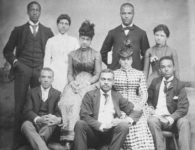
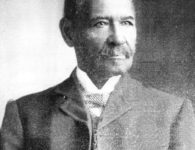
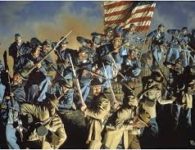
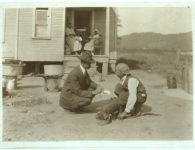
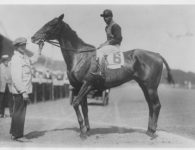

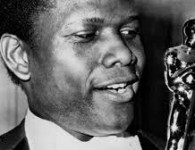
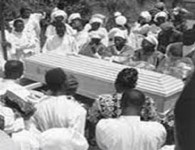
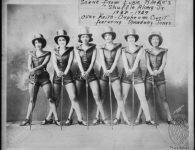
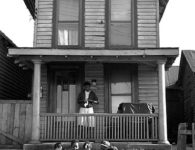
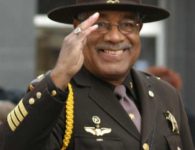
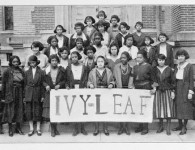
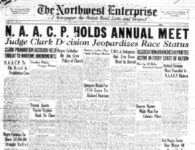
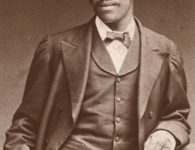

No comments